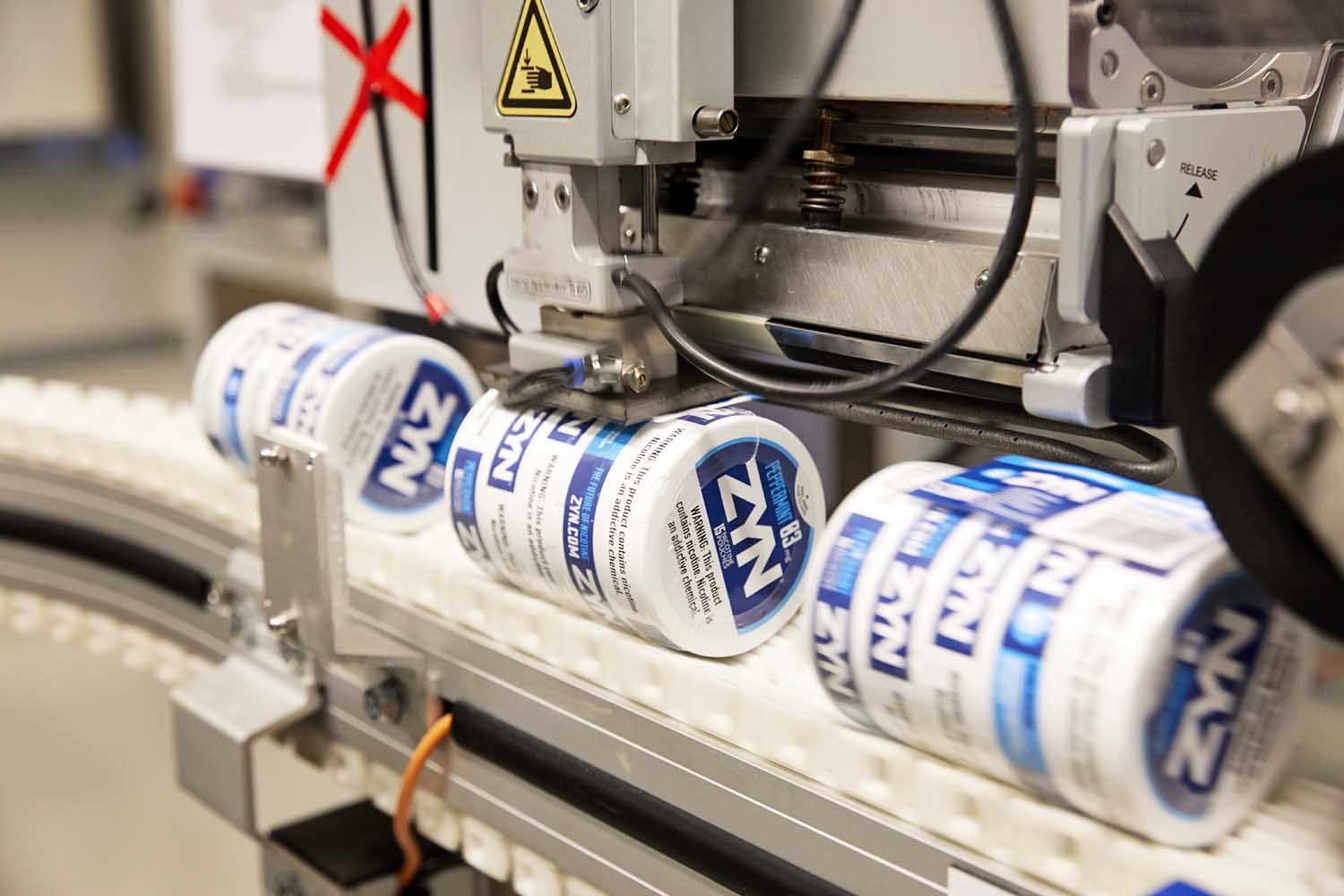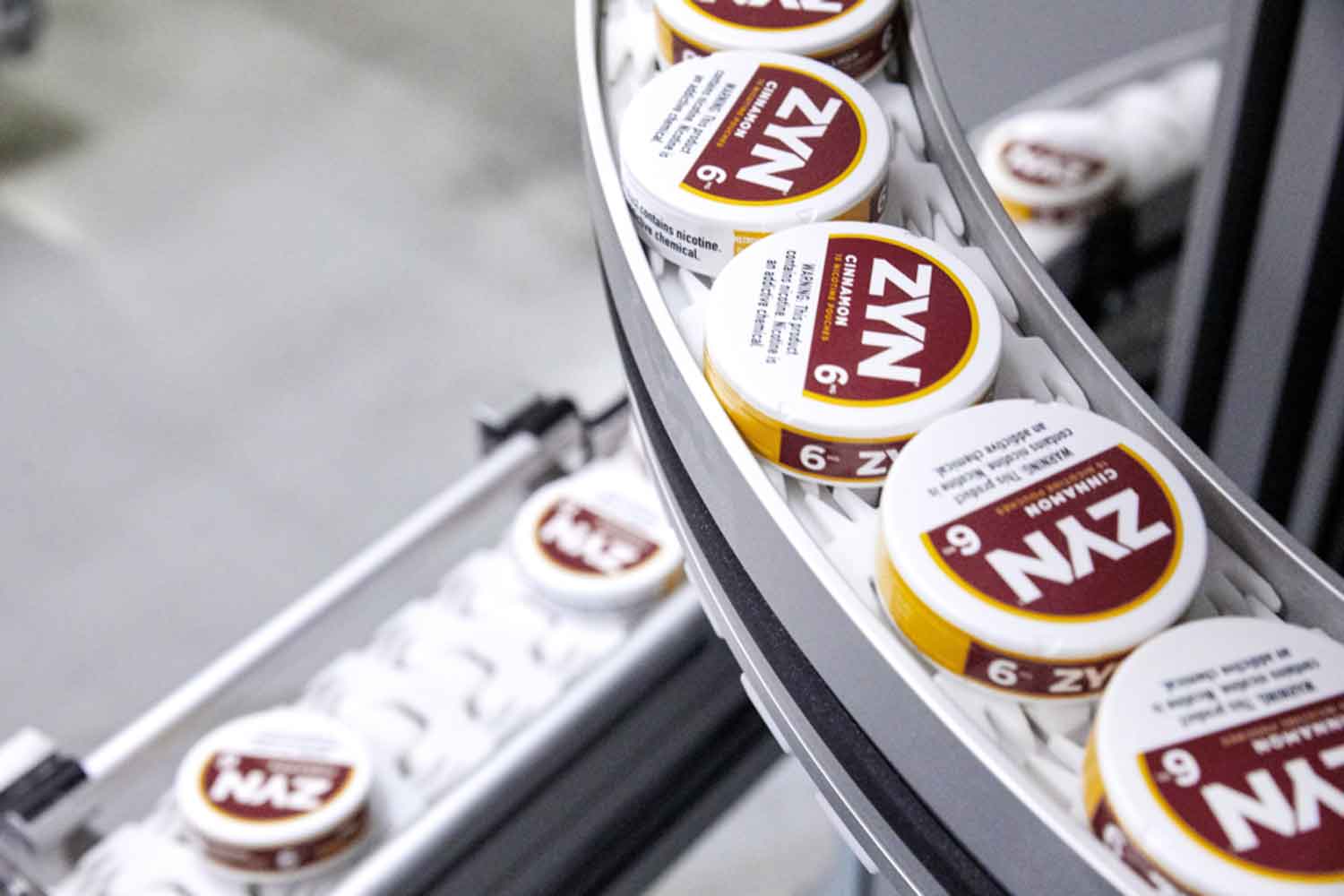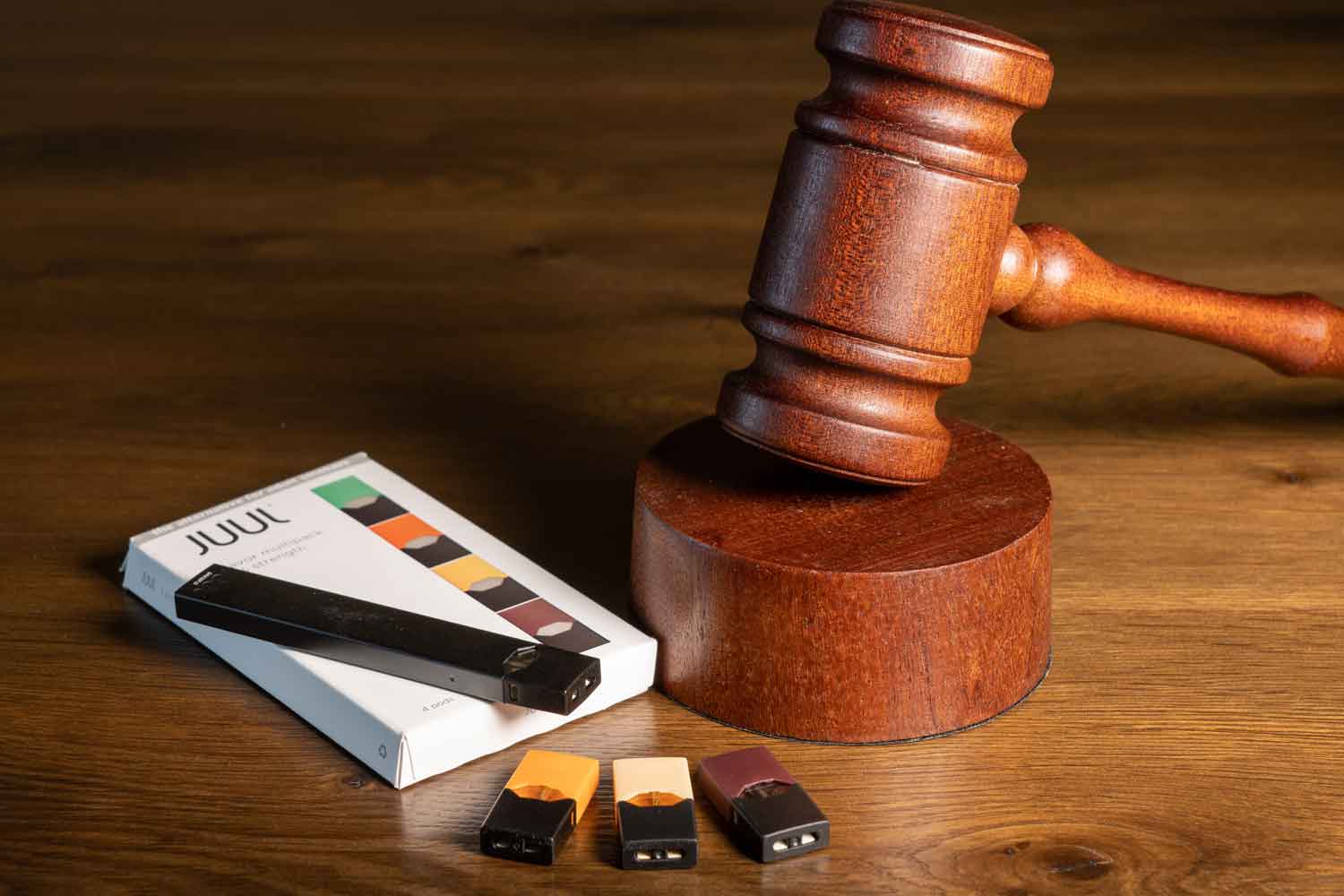New York Attorney General Letitia James announced a lawsuit against 12 e-cigarette manufacturers, distributors, and retailers for “their role in fueling the youth vaping epidemic.” Those named in the lawsuit are Puff Bar, MYLE Vape, Pod Juice, Mi-One Brands, Happy Distro, Demand Vape, EVO Brands, PVG2, Magellan Technology, Midwest Goods, Safa Goods, and Price Point Distributors, as well as Price Point principals Weis Khwaja, Hamza Jalili, and Mohammad Jalili.
“These companies are responsible for illegally distributing, marketing, and selling flavored disposable vapes, which have become extraordinarily popular among minors,” James said in a statement. “The vaping industry is taking a page out of Big Tobacco’s playbook: they’re making nicotine seem cool, getting kids hooked, and creating a massive public health crisis in the process.”
In 2020, New York banned the sale of flavored vapor products, however, the products exploded in popularity globally in the past decade and are readily available at numerous outlets. The lawsuit seeks a “disgorgement of all revenues earned as a result of illegal activity” which would translate to hundreds of millions of dollars, as well as a permanent ban on flavored vapes in New York.
“This punitive approach undermines American entrepreneurship and ignores the public health benefits of vaping as a smoking cessation tool,” Allison Boughner, the vice president of American Vapor Manufacturers, a trade group that represents vape makers and retailers, said in a statement. “This misguided action unfairly targets legitimate American businesses that employ thousands and contribute to local economies. Our members are dedicated to offering adult smokers safer alternatives to combustible cigarettes, supporting a mission of harm reduction backed by science and millions of successful former smokers.”
Matthew Glauser, the chief strategy officer and a co-founder of Demand Vape, one of the companies named in the lawsuit, said in a statement that the suit was “wasting New York taxpayers’ money and federal court time, which desperately need to be focused on substantive issues that truly impact our communities.”
According to the New York Times, Tony Abboud, the executive director of another industry group, Vapor Technology Association, disputed the suit’s claim that there was a youth vaping epidemic and called on President Trump “to take bold and decisive action to end the government lawfare against the flavored vaping industry.”










